During the full-year 2023, the catastrophe bond and insurance-linked securities (ILS) team at private markets focused investment manager Schroders Capital allocated over US $817 million to transactions that specifically help in reducing the insurance protection gap.
 Schroders Capital has quantified this area of impact that its cat bond and ILS investment management unit has been making for a recent report on the firm’s broader sustainability focus.
Schroders Capital has quantified this area of impact that its cat bond and ILS investment management unit has been making for a recent report on the firm’s broader sustainability focus.
While it is clear that catastrophe bonds and insurance-linked securities (ILS), as an alternative mechanism for sourcing reinsurance capital, are inherently providing protection against disaster and enabling the insurance industry to better bear the risks it underwrites, Schroders Capital has categorised transactions it specifically feels are making a difference on helping to cover more uninsured economic losses.
The investment manager sees its capital making a difference, saying that if “managed carefully, can unlock… significant improvement potential for people and planet.”
One area is in driving increased availability of insurance and reinsurance protection, specifically, “through increased climate insurance coverage in emerging markets, private equity or via ILS cat bonds.”
Schroders Capital further explained, “In 2023, only 40% of losses resulting from natural disasters globally were covered by insurance, leaving a value of US$172 billion uninsured.
“Our ILS team works to reduce this protection gap by allocating a percentage of their sustainable investment portfolios to specific transactions designed to increase insurance coverage, providing a sense of security to communities providing rapid relief when a disaster hits, and enhancing overall resilience. Developing and emerging markets are the most vulnerable to the consequences of climate change.”
In addition, Schroders Capital highlighted that between 2014 and 2023, some 85% of economic losses caused by natural disasters in Asia were not covered by insurance.
Highlighting the $125 million Charles River Re Ltd. (Series 2024-1) catastrophe bond, that was sponsored by American European Insurance Company, Schroders Capital explained why this transaction was deemed to contribute to narrowing the insurance protection gap.
“The need for such cover was exemplified with Superstorm Sandy: in such events, risks carriers often face ‘concurrent causation’ and are caught between the homeowners insurance company and the flood insurance company, one arguing that the event was caused by flood, the other one by wind. It is costly and leaves the policyholder uncovered, impacting the reputation of the insurance company and the industry more broadly.
“With this cat bond, the sponsor offered a flood endorsement on each quotation, resulting in a differentiated product with the target being value-oriented mass affluent homeowners,” the asset manager explained.
Despite certain deficiencies when it came to ESG scoring this catastrophe bond, Schroders Capital noted, “The transaction structurally and explicitly addresses the protection gap when it comes to the availability of coastal flood risk which is generally not offered by the insurance market.”
Insurance-linked securities (ILS) is an area that Schroders Capital sees as a focus in its sustainability and impact efforts.
“Our ILS sustainable strategies, including one of the world’s largest cat bond funds, are a good example: they provide a suitable reinsurance alternative for local governments or NGOs against e.g. extreme whether events, reducing insurance protection gap while at the same time delivering competitive financial returns,” the company said.
Schroders Capital has also been one of the ILS managers that have helped to drive greater ESG transparency through the catastrophe bond and broader ILS marketplace.
The investment manager was a founding member of the ILS ESG Transparency Initiative, which was formed as an insurance-linked securities (ILS) industry group focused on enhancing environmental, social and governance (ESG) transparency in the ILS market.
Schroders Capital believes that effort has made a significant contribution so far, highlighting that ESG disclosure has increased in the marketplace.
The company said that its internal data suggests “that 77% of ILS cat bond transactions have made ESG questionnaires available deals in Q4 2023,” which is a significant increase.
Georg Wunderlin, CEO, Schroders Capital, commented, “Sustainability is more critical than ever to deliver long-term competitive returns. It is simply a once in a generation business opportunity.
“Our ambition is to build a new type of private markets firm, one which is anchored in sustainability and delivers the superior performance and real-world difference our clients expect from us.”
ESG investing, sustainability and opportunities they present, remain an area of focus for the insurance-linked securities (ILS) market. Read more of our insights on this topic here.



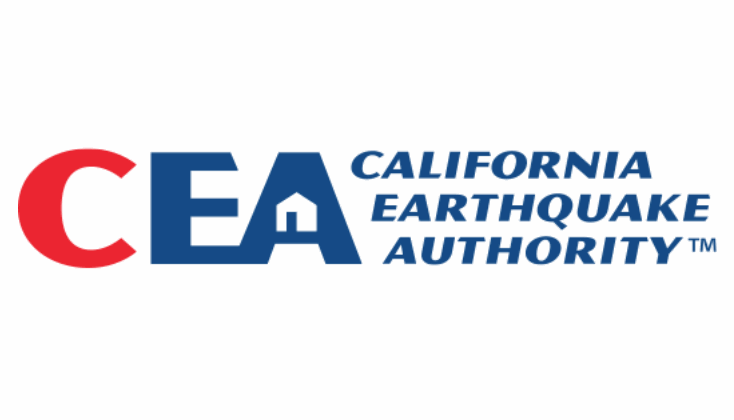





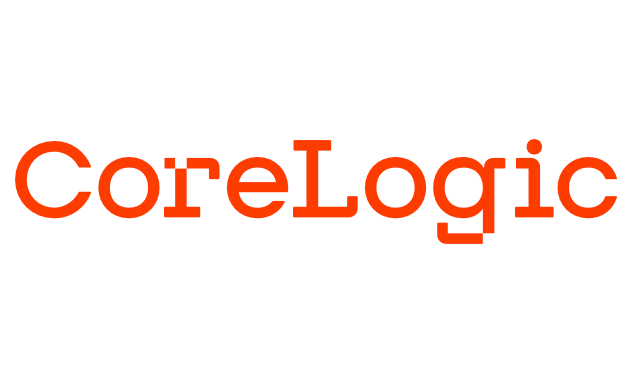
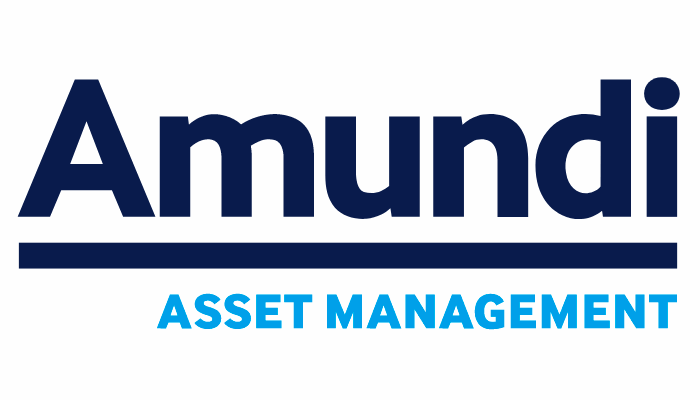
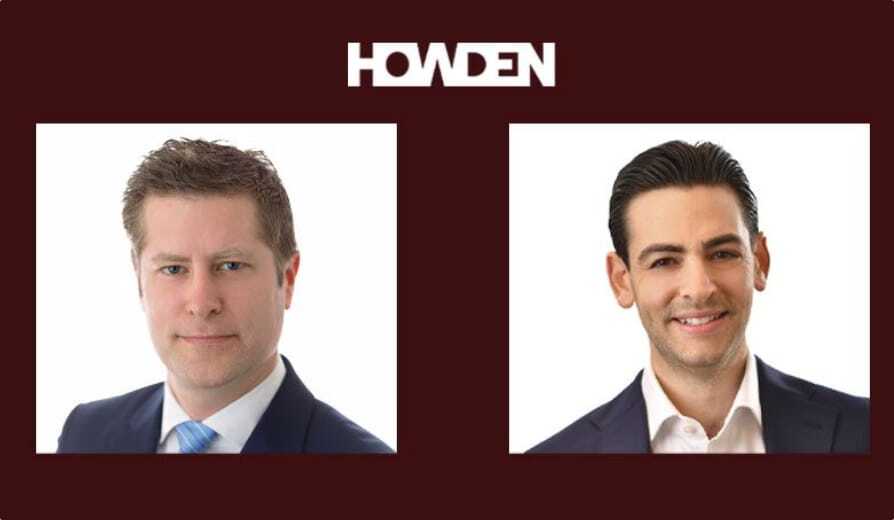
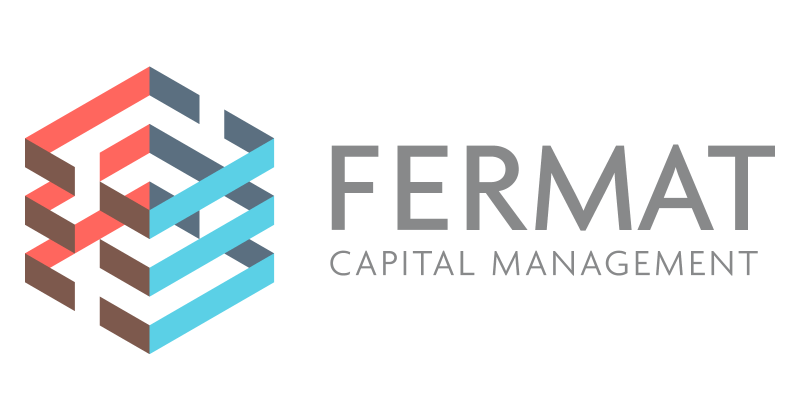








 English (US) ·
English (US) ·